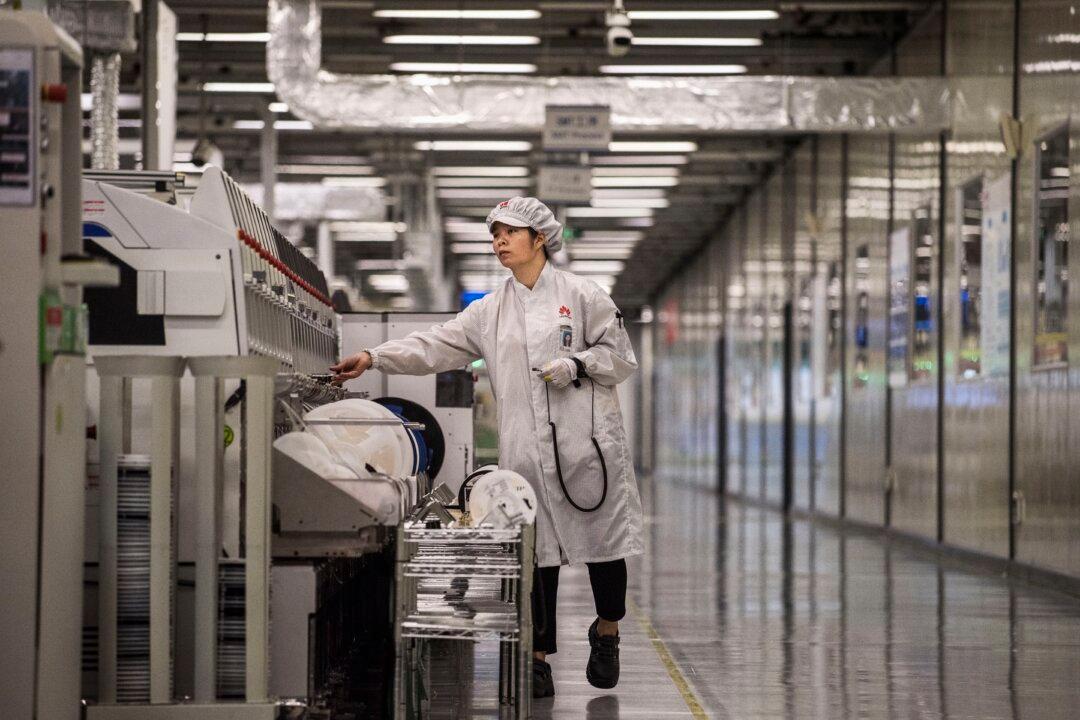Chinese authorities are preparing to release a “National Technology Security Management List” that would ban Chinese technology from being exported to foreign countries, Chinese state media reported on June 8.
The action comes after the United States enacted an export ban on Chinese tech giant Huawei in May, forbidding it from doing business with U.S. firms because of national security concerns.





